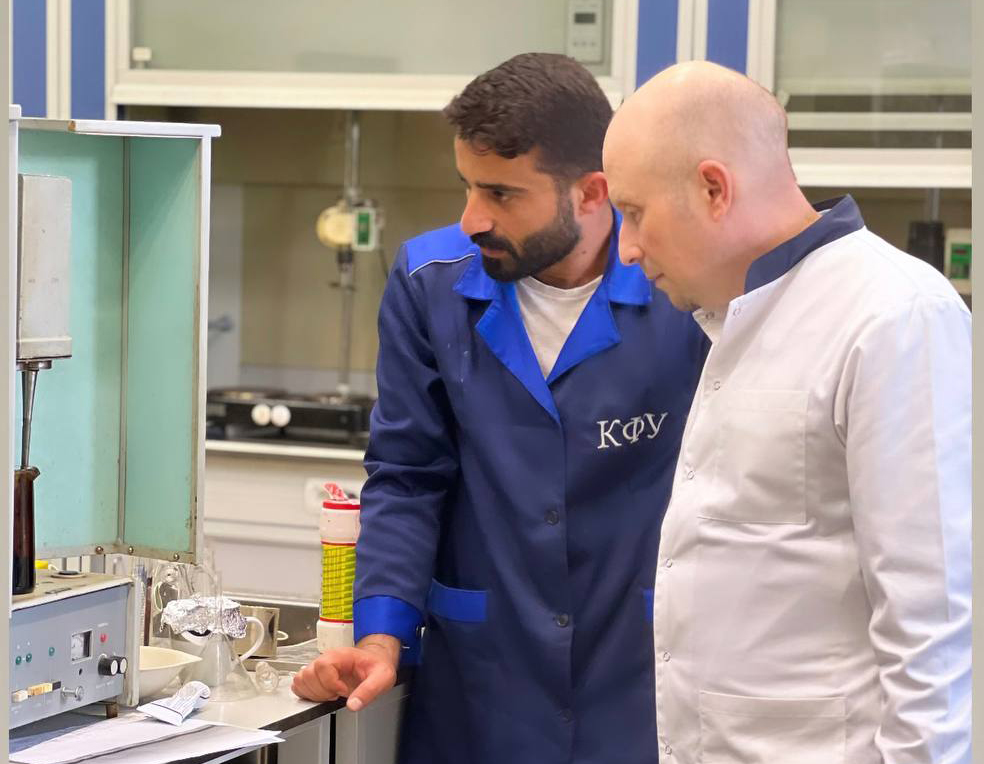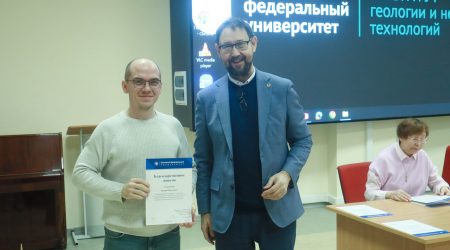PhD student studies influence of ultrasound on rheological properties of heavy oil

Heavy oil, with its high viscosity and complex composition, presents significant technological and economic challenges for the oil industry. Therefore, the development of new technologies to effectively change the rheological properties of heavy oil is a pertinent task for the oil and gas sector. One of the promising directions for solving this problem is the application of wave technologies, believes PhD student Alfayaad Assim Ghani Hashim. According to the young scientist, this technology will open new stages in the energy sector thanks to ultrasonic and hydrodynamic effects.
“These techniques can modify the structure and properties of oil mixtures, which can lead to a significant improvement in their fluidity and viscosity reduction. Ultrasonic stimulation is based on the use of high frequency mechanical vibrations, which can cause disaggregation of asphaltenes and resins and change the microstructure of the oil emulsion,” explains Alfayaad.
Hydrodynamic effects are based on creating optimal conditions for mixing and distribution of oil components, which can also lead to changes in its rheological properties.
The application of wave technologies in the oil industry has a number of advantages: they can significantly reduce the viscosity of heavy oil, which improves the conditions of its production and transportation. Also, these methods can be applied at various stages of oil production – from field development to oil processing at refineries. Finally, wave technologies can be implemented using existing equipment, which reduces the cost of implementing new technologies.
However, despite the prospects of applying wave technologies in the oil industry, the young researcher faced a number of limitations and challenges to overcome. Together with his colleagues, he is conducting research to determine optimal exposure parameters, as well as assess the long-term impact on oil quality and properties.
“The application of wave technologies to modify the rheological properties of heavy crude oil represents a promising direction for the petroleum industry. However, successful implementation of these technologies requires complex research including theoretical analysis, experimental studies, and process modeling,” shares Ruslan Kemalov, associate professor of the Department of Oil, Gas and Carbon Materials Technology.
It should be noted that this technology is already being considered for implementation in the Skolkovo Innovation Center. The curator of the promising know-how is Tatneft.
In the future, the technology will be modernized to the possibility of determining the optimal parameters of impact and assessing the long-term impact on the quality and properties of oil. This will make it possible to develop more efficient and economically feasible methods of applying wave technologies in the oil industry.







